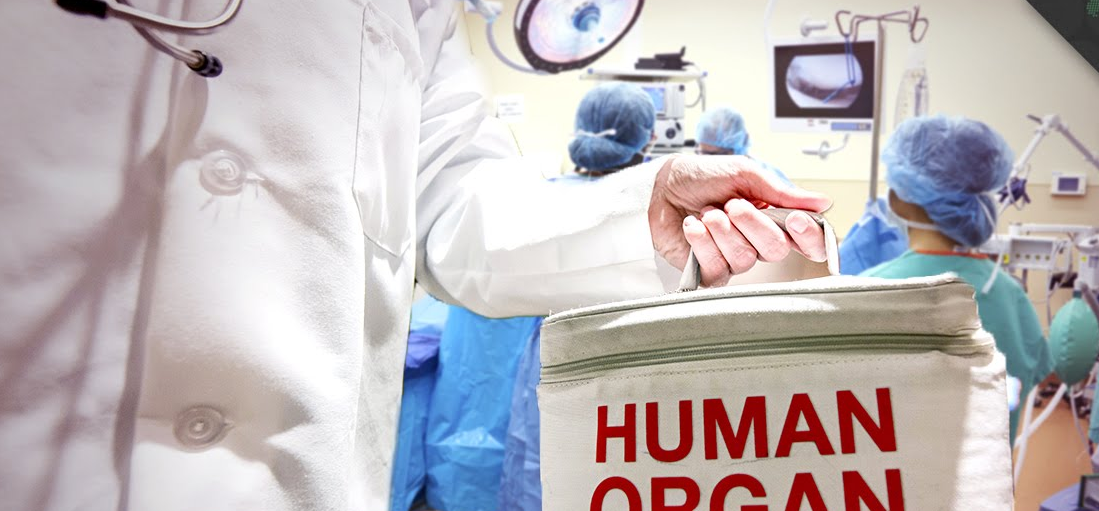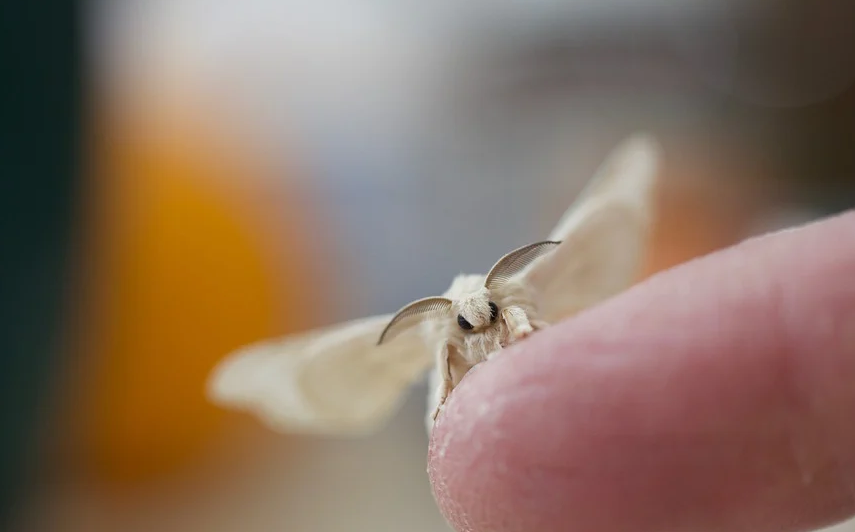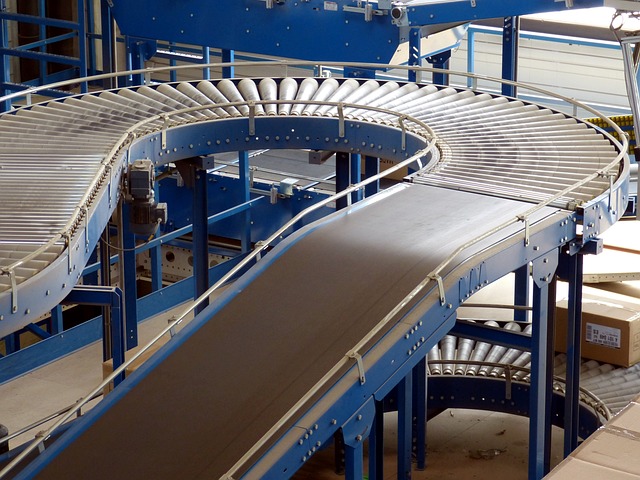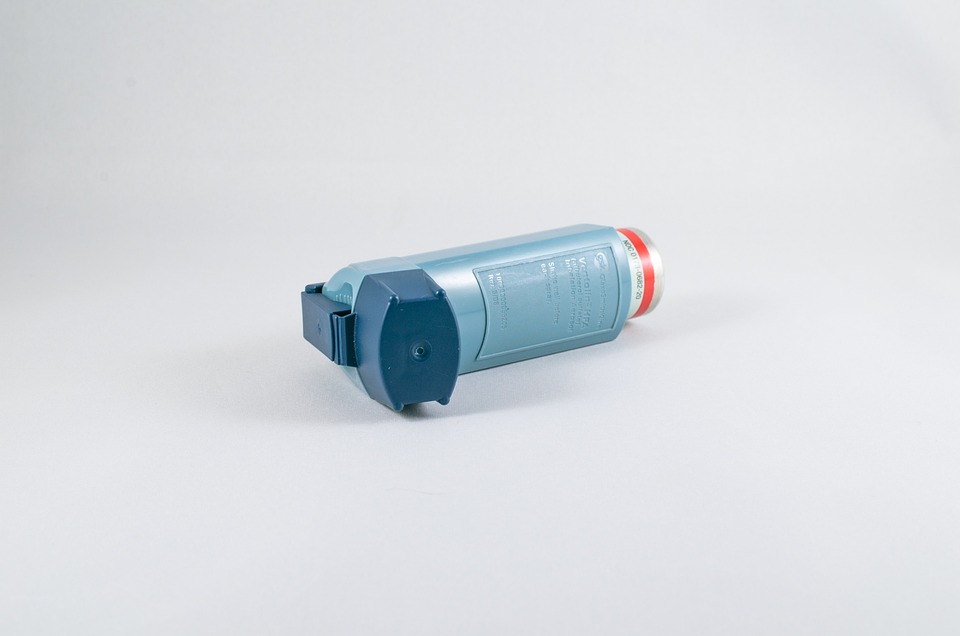Transplant surgery to replace a diseased or failed organ can prolong life — but there are limitations. Immunosuppressive drugs need to be taken for the rest of the patient’s life to keep the body’s immune system from rejecting the organ.
Unfortunately, these drugs block and weaken the body’s immune system as a whole, lowering a patient’s resistance to infections.
A diabetes drug offers hope for patients with transplanted organs
A landmark study by researchers at Queen Mary University of London has found that an abandoned diabetes drug could be the key to preventing organ rejection.
This abandoned drug, known as AZD1565 and manufactured by AstraZeneca to treat people with Type 2 diabetes, acts in a targeted way. It increases the activity of an enzyme called glucokinase, which speeds up the fusion of regulatory T-cells into the new organs. These regulatory T cells act as guardians of the immune system, preventing it from rejecting a transplanted organ. The drug has been successfully tested on mice.
Federica Marelli-Berg, professor of cardiovascular immunology at Queen Mary University, London, who led the research, said: “With this research we’ve hit upon a completely different way to stop organ rejection. Our next step is to take the drug into clinical trials. If the trials are successful, these findings could prove to be life-changing for patients who have had a transplant.”







